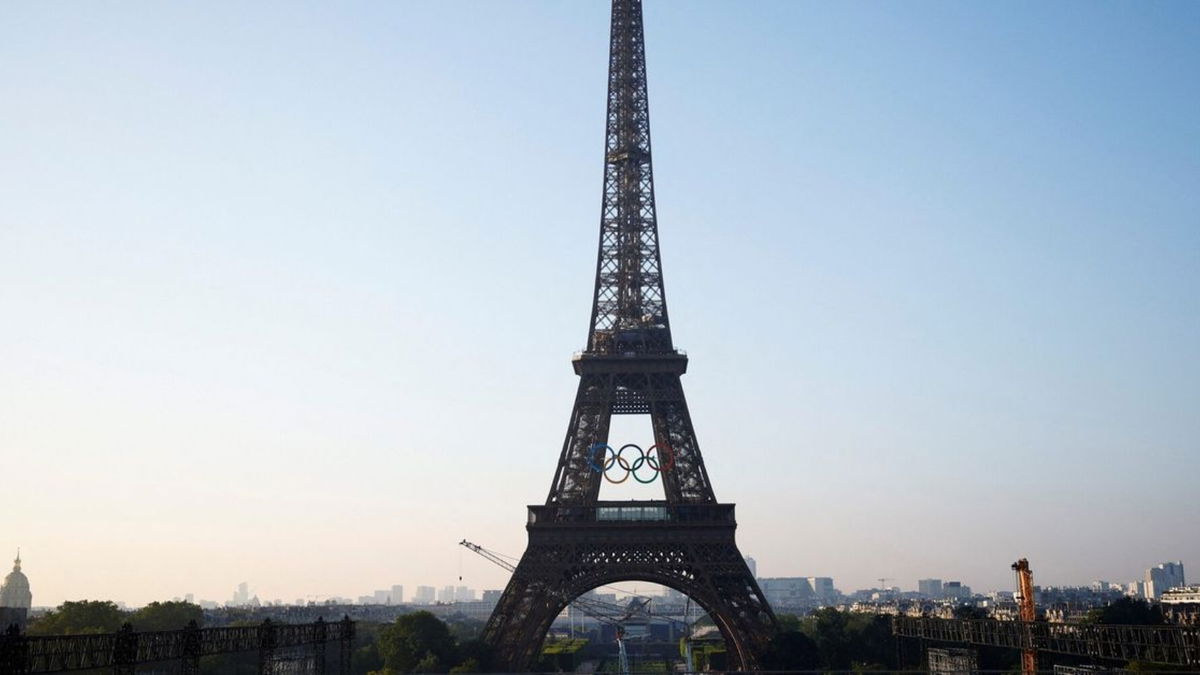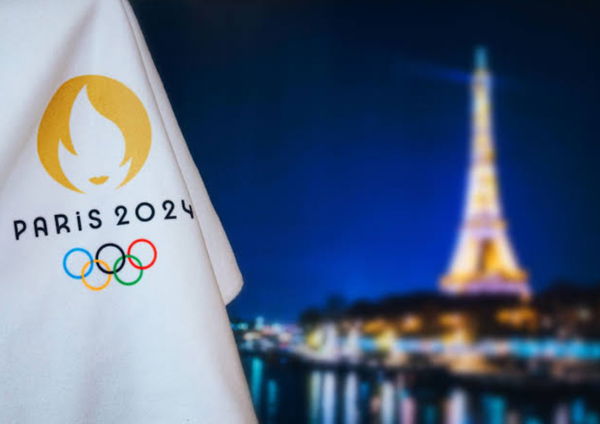

The price tag and planning attached to hosting the Olympics are quite hefty. Just ask Paris; the hosts of the 2024 Paris Olympics, who are forking out nearly $9.7 billion on Olympic expenses. This year, to reduce the environmental impact of the games, the City of Love is leaving no stone unturned to make the games green. From “no-S**” beds arriving in the Olympic Village to installing 700 water and soda fountains across the city and others, many initiatives are in place to make the Paris Olympics “more sustainable and just as spectacular.”
Watch What’s Trending Now!
However, despite these initiatives, the city’s carbon footprint reduction plan faces challenges. This commitment to sustainability contrasts sharply with the financial woes that plagued past Olympics, such as the bankruptcy that left athletes to fend for themselves without support.
ADVERTISEMENT
How London pulled off the Olympics despite bankruptcy
According to the National Museum of American History, the 1948 Olympics were held in London, right after World War II. Picture this: London, still picking up the pieces after six years of war, decided to host the Olympics as it was the desire of King George VI “to heal his nation’s spirit.” With less than two years to prepare, London faced monumental challenges. Yet, against all odds, the Games went on, marking the first Olympics since the war’s end.

ADVERTISEMENT
Iconic brands like Brylcreem and Coca-Cola chipped in as unlikely sponsors, while Londoners made do with what they had, from borrowed gymnastic equipment to DIY uniforms. Still bearing the wounds of war, the city ingeniously repurposed army barracks and college dorms to house foreign athletes, sparing expenses on new accommodations.
ADVERTISEMENT
And amidst food shortages, athletes were nourished with increased rations and generous contributions from nations like the USA, Denmark, and France. The Americans had flour sent over every 48 hours. They were served 5,000 sirloin steaks and 15,000 chocolate bars during the Games. The Danes brought 160,000 eggs, and the French got a refrigerated car laden with food for their athletes.
Top Stories
Forced to Leave FOX, Cowboys Legend Troy Aikman Says ESPN Is Like ‘U.S. Government’ & Clearly Distinguishes the Two Networks

Todd Bowles Points Fingers at Baker Mayfield & Co. in a Strong Statement That Could Get Him Punished After Bucs Loss

What Settlement Agreement Have Michael Jordan & NASCAR Reached? Everything to Know From Evergreen Charters to Payout

Arthur Blank Makes Firing Decision on Raheem Morris After Falcons HC Lands on Hot Seat

Cowboys Legend Troy Aikman Teases NFL Comeback After Airing FOX’s Dirty Laundry

Charley Hull Opens Up on Traumatic Divorce from Ex-Husband for the First Time Ever

Even whale meat found its way onto plates, a testament to resourcefulness in times of scarcity. Yet, despite the hardships, the Olympic spirit shone through, becoming “an Olympics of firsts.” As we reflect on the triumph despite shortages, let’s explore how Paris’ green initiatives for the Olympics, on the other hand, are creating disparities between nations and affecting the city’s sustainability plans.
ADVERTISEMENT
Why is the Paris Olympics’ green plan being hampered?
As Paris gears up to host the Olympics with a pledge to deliver the greenest games yet, an unexpected challenge has arisen: the lack of air-conditioning in the Olympic and Paralympic Village accommodations. However, when the Games kick off next month, the sustainability goal of the Olympic Village will paradoxically consume more energy than anticipated. Portable air-conditioning units will be in most rooms, with countries like the United States, Greece, Denmark, and Australia, among others, planning to set them in their athletes’ quarters.
Wealthier nations, aware of the potentially record-breaking heat expected this year, have undermined Paris’s sustainability efforts, prioritizing the comfort of their athletes over environmental concerns. Athletes, accustomed to cooler climates, have voiced their concerns to their respective national Olympic committees. Strath Gordon, the chief of public affairs for the Australian Olympic Committee, shared with The Washington Post, “It’s a high-performance environment.”
ADVERTISEMENT

Alexandra Palli, president of the Greek Olympic Committee for Environmental Sustainability, shared, “We will bring them. And we will take them back to Greece,” explaining that the athletes “need support. Because what they do is very difficult anyway.” This move has stirred concerns as it undermines Paris’s sustainability efforts and raises questions about fairness, given that not all countries can afford such amenities.
ADVERTISEMENT
While Paris promoted its cooling system using pipes under the floor as an eco-friendly solution, some athletes remain worried about sleeping in the heat. This contrast between the 1948 London Olympics, where athletes faced shortages but persevered, and the 2024 Paris Olympics, where the challenge lies in sustainability amidst climate discomfort, highlights a significant shift in Olympic hosting dynamics. What are your thoughts on both of these situations in the past and present? Share in the comments below!
ADVERTISEMENT
ADVERTISEMENT
ADVERTISEMENT

